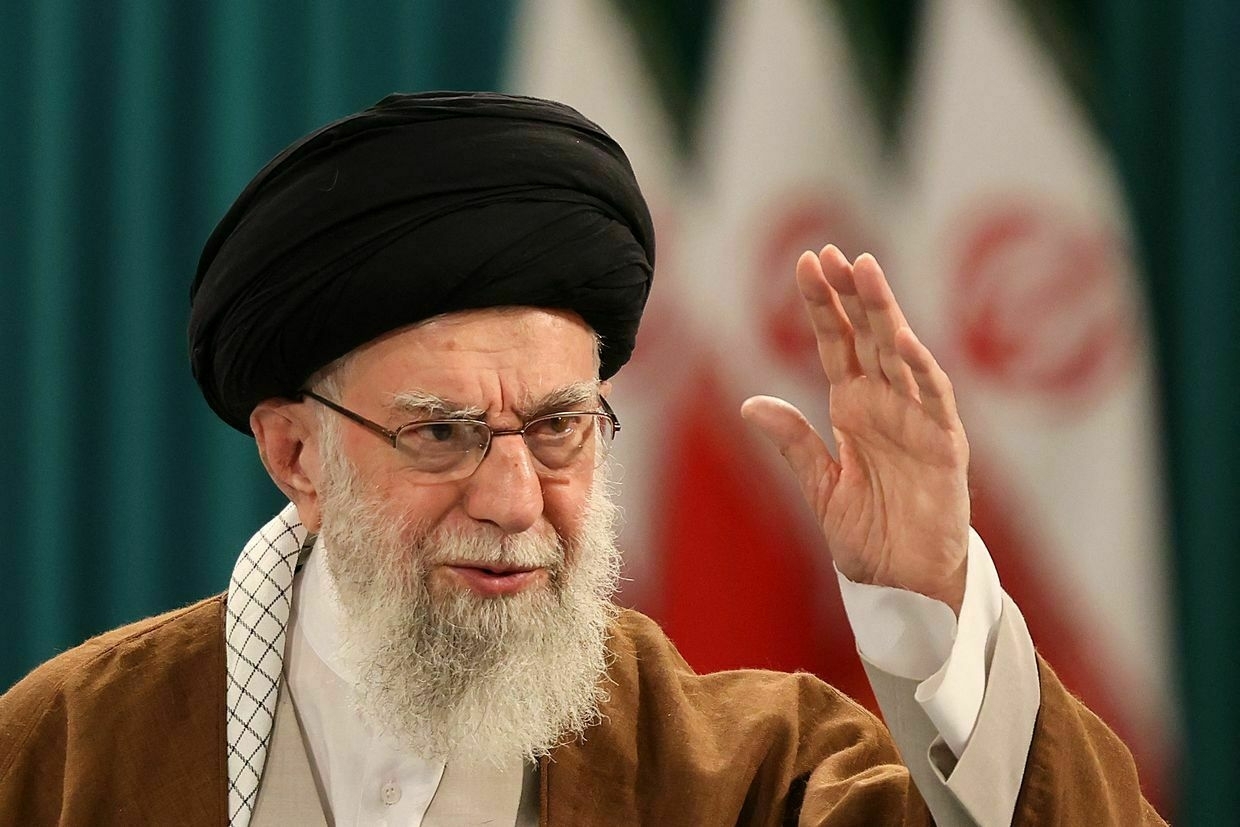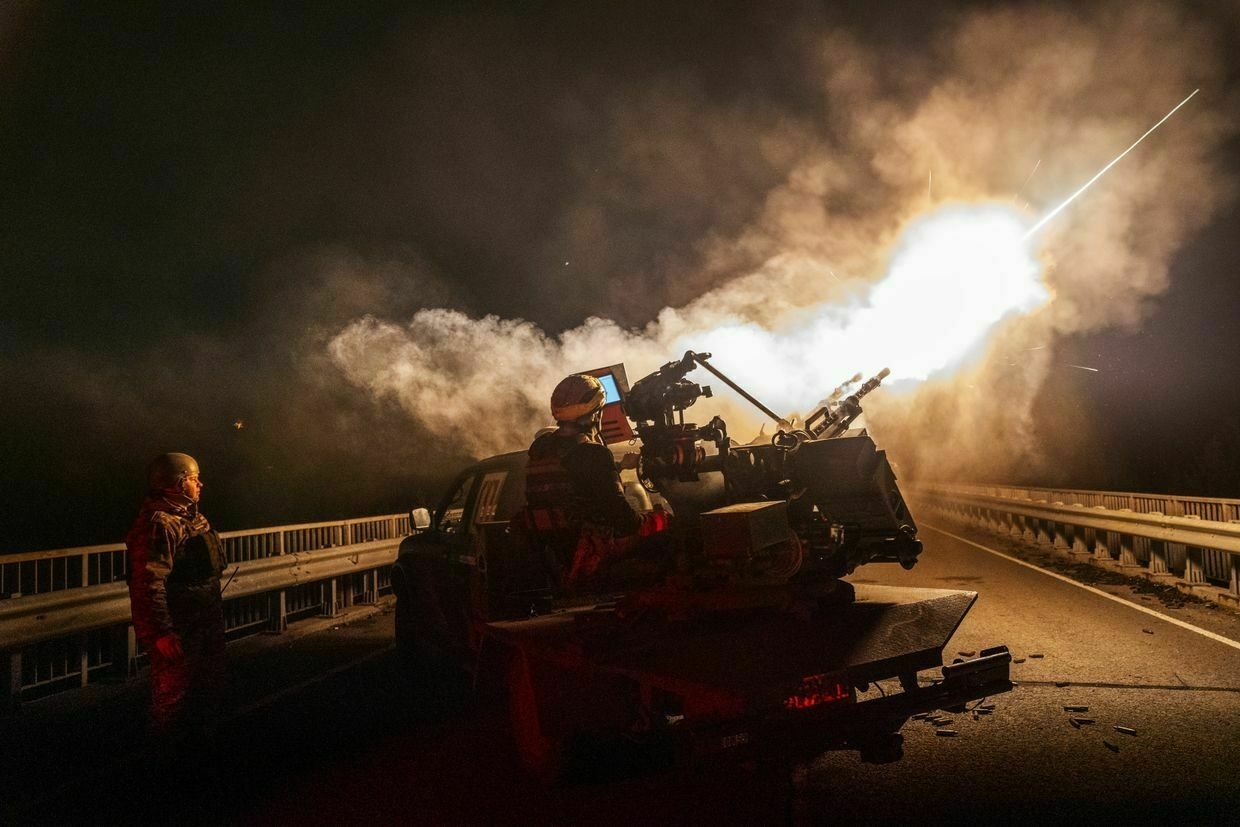
Regime change in Iran is “unacceptable” and the assassination of Supreme Leader Ayatollah Ali Khamenei would “open Pandora’s box,” Kremlin spokesperson Dmitry Peskov told Sky News in an interview published June 20.
Russia, which signed a strategic partnership with Iran in January, has reportedly grown increasingly alarmed as the United States weighs deeper involvement in Israel’s military campaign against Tehran.
Earlier, U.S. President Donald Trump suggested the option of assassinating Iran’s Supreme Leader Khamenei remains on the table, though he said the U.S. does not plan to act on it “for now.”
The comment followed reporting that Israel had earlier proposed a plan to kill Khamenei — a proposal Trump initially rejected, according to a U.S. official cited by AP.
Peskov warned that any attempt at regime change in Tehran or threats to its leadership would “open Pandora’s box,” deepening instability across the Middle East and beyond.
"(Regime change in Iran) is unimaginable," Peskov said. “It should be unacceptable, even talking about that should be unacceptable for everyone.” He added that the killing of Khamenei would promote extremist sentiment inside Iran and provoke unpredictable consequences.
“The situation is extremely tense and is dangerous not only for the region but globally,” Peskov said. “An enlargement of the composition of the participants of the conflict is potentially even more dangerous. It will lead only to another circle of confrontation and escalation of tension in the region."
Russia has been a close regional ally of Iran, while Tehran supplied drones and ballistic missiles for Moscow’s war against Ukraine. Meanwhile, Israel has maintained a delicate balance, refraining from joining Western sanctions against Moscow while condemning Iran’s role in supporting Russia’s war effort.
Asked on whether Moscow would respond to a possible strike against Khamenei, Peskov declined to specify, saying any reaction would come from “inside Iran."
Peskov also commented on Trump’s dismissive response to Russian President Vladimir Putin’s offer to mediate between Israel and Iran. The U.S. president reportedly told Putin to “mediate your own conflict” in reference to the Russia-Ukraine war. Peskov shrugged off the remark, calling Trump’s language “unique” and urging mutual tolerance.
Tensions have risen between the U.S. and Iran following a wave of Israeli air strikes on Iranian territory, beginning June 13. The attacks targeted nuclear infrastructure and senior Iranian commanders, prompting Iranian missile strikes on Tel Aviv and other Israeli cities.
Tehran claimed that at least 224 Iranian civilians were killed on June 16, though the figures remain unverified.
Russia has offered to mediate the crisis, with Putin reportedly reaching out to both Iranian President Masoud Pezeshkian and Israeli Prime Minister Benjamin Netanyahu. Tel Aviv, according to the Kremlin, is reluctant to accept the proposal, while the EU leaders rejected it, citing Russia’s aggression in Ukraine and its close military ties to Iran.
 The Kyiv IndependentYuliia Taradiuk
The Kyiv IndependentYuliia Taradiuk
